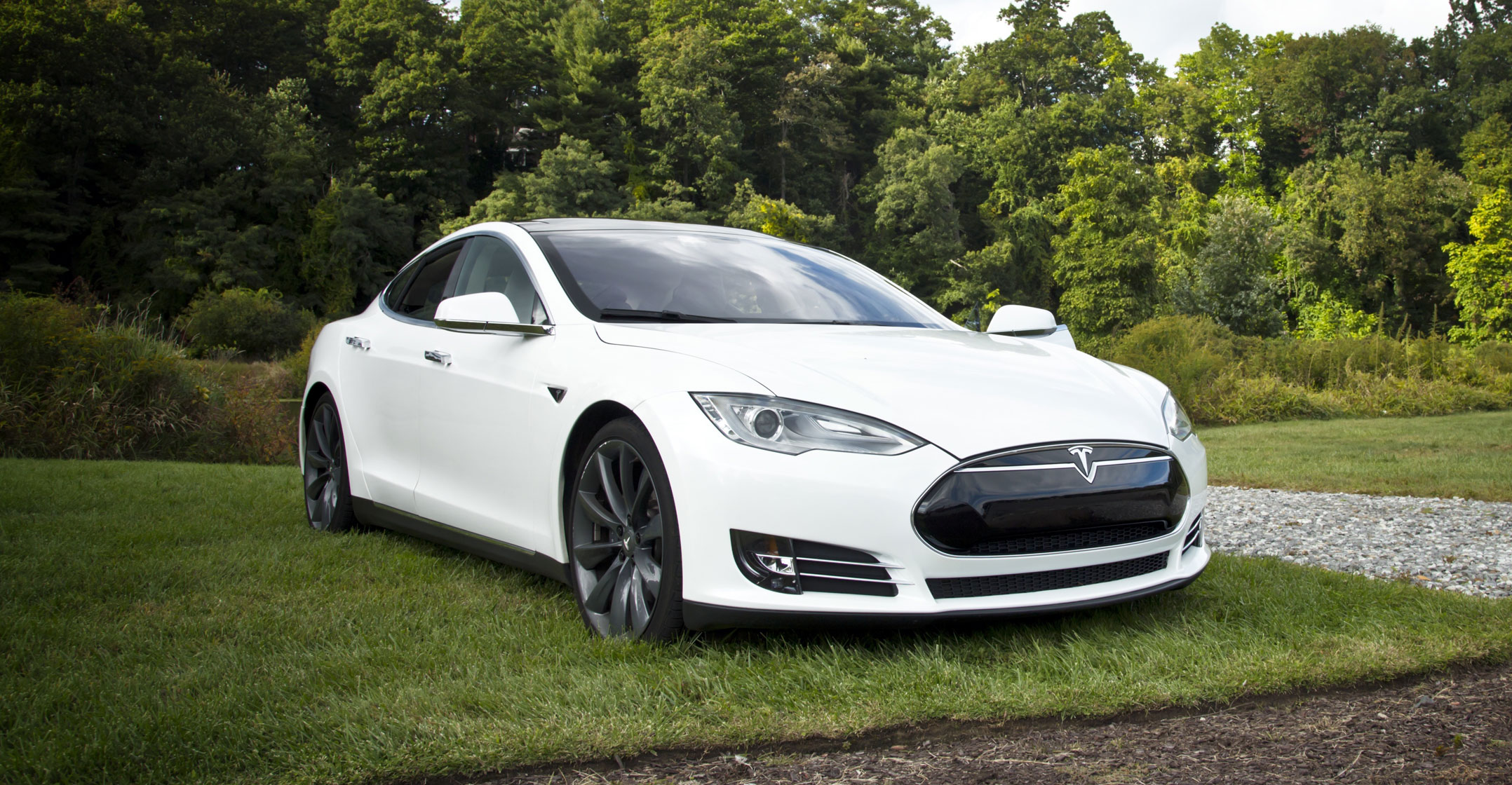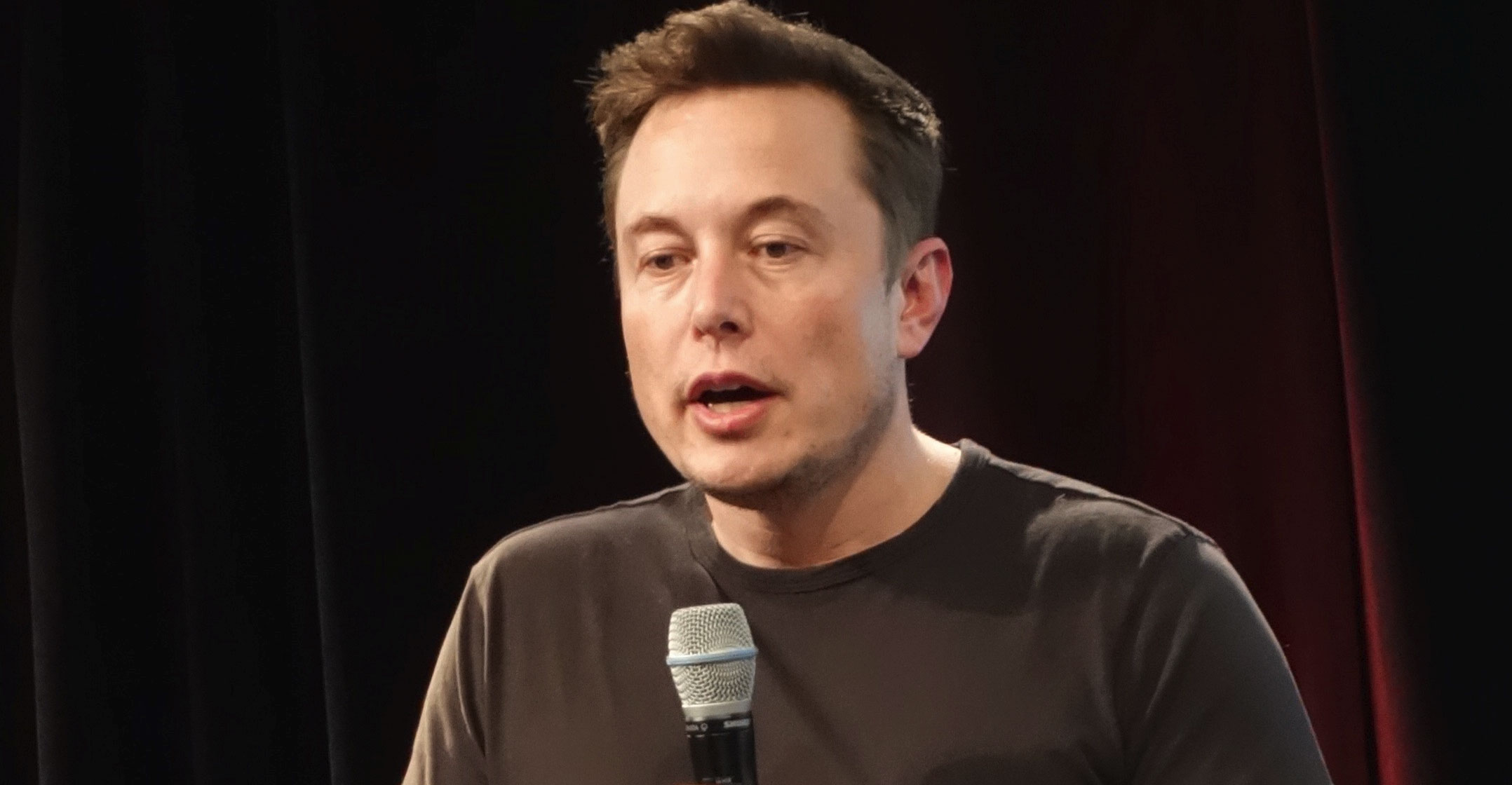 Tesla CEO Elon Musk caught many employees by surprise with his announcement last week that the electric-car maker would close most stores and shift to online-only sales, according to three people familiar with the matter.
Tesla CEO Elon Musk caught many employees by surprise with his announcement last week that the electric-car maker would close most stores and shift to online-only sales, according to three people familiar with the matter.
Many sales personnel found out about the decision when Tesla published a public blog post on Thursday afternoon, said the people, who asked not to be identified discussing sensitive matters.
One of the key people involved in implementing the online sales strategy is Sanjay Shah, who has taken on additional responsibilities since his arrival from Amazon.com last summer, the people said. He joined Tesla as senior vice president of energy operations and continues to oversee that business.
Tesla declined to comment on the sales shift beyond Thursday’s blog post and a Musk e-mail to employees later that day.
The abrupt move by Musk, 47, also shocked some investors, including Alex Chalekian, the founder and CEO of Lake Avenue Financial in Pasadena, California. The firm, which manages more than US$150-million in client assets, sold all of the Tesla stock held for advisory clients on Friday.
“This was a total 180-degree turn,” Chalekian, who owns a black Tesla Model S, said in a phone interview on Monday. “Tesla had been talking about expanding stores, and all of a sudden they are closing them. To me, this signals a huge financial concern and a possible cash-flow issue for Tesla.”
The stock has dropped about 11% since Thursday, shaving almost $6-billion from Tesla’s market value. The shares were down 0.2% as of 8am on Tuesday in New York, a day after closing at the lowest since 22 October.
Expansion no more
Until last week, Tesla’s store strategy seemed to be one of expansion. The Palo Alto, California-based company opened 27 new retail and service centres last quarter, resulting in 378 locations worldwide, according to its letter to shareholders. It was the most openings for a quarter since mid-2017.
Tesla also suggested a brick-and-mortar retail strategy was important in its annual report filed on 19 February, just nine days before Musk announced the pivot to online sales.
“Our Tesla stores and galleries are highly visible, premium outlets in major metropolitan markets, some of which combine retail sales and service,” Tesla said in its 10-K filing. “Opening a service centre in a new geographic area can increase demand. As a result, we have complemented our store strategy with sales facilities and personnel in service centres to more rapidly expand our retail footprint.”

Tesla has already closed several stores, including one at the International Market Place in Honolulu and another at the Gardens on El Paseo near Palm Springs, California. Calls to those stores now ring through to Tesla call centres in Las Vegas and Fremont, California.
Musk described the winding down of many stores as a cost-cutting move that enables Tesla to offer a long-promised $35 000 version of the Model 3 sedan, the automaker’s first mass-manufactured car. The company said it’s able to reduce prices of all its vehicles by an average of about 6% by shifting sales online and trimming other expenses.
In an e-mail to employees sent roughly three hours after Tesla published its blog post on Thursday, Musk said that 78% of Model 3 orders were placed online last year, rather than in stores. He wrote that some jobs will be transitioned to other areas of the business and that “a small number of stores in high-traffic locations will remain as galleries, showcases and Tesla information centres”.
“We are not concerned,” Cathie Wood, the CEO of ARK Invest, a fund manager who remains bullish about Tesla, said Monday on Bloomberg Television. While the decision to close stores and go all-online was “abrupt”, she wasn’t as surprised as other investors. “We got the sense something was up because he is still competing against other auto manufacturers who have their costs screwed down, but at some point, his pricing is going to drop below theirs,” she said.
Just days after saying the cheaper Model 3 is now available to order, Musk announced in a series of tweets to his roughly 25 million followers that Tesla will unveil the Model Y crossover on 14 March, followed by a truck later this year.
Chalekian said those tweets Sunday reaffirmed his decision to sell Tesla stock.
“The Model Y is probably going to eat into Model 3 sales,” he said. “With all of the stuff going on right now, I don’t know if people are going to race to put down a deposit on the Y in the way they did with the 3. But Tesla is using this to raise capital through customer deposits. I feel like Tesla is just buying time at this point.” — Reported by Dana Hull, with assistance from Josh Eidelson and Emily Chang, (c) 2019 Bloomberg LP




